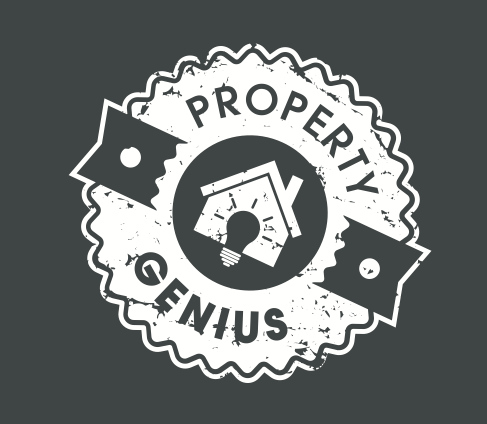Common Deductions from Security Deposits: What's Fair and What's Not
The security deposit is a significant financial commitment for tenants, and understandably, everyone wants to get it back in full. However, deductions can and do occur. This article aims to clarify what is considered a fair deduction and what isn't.
Fair Deductions
Cleaning Costs: If the property is not returned in the same level of cleanliness as when the tenancy began, a cleaning fee is often deducted.
Damage Repair: Minor damages like small holes in the wall, broken tiles, or chipped paint can be deducted from the deposit.
Unpaid Rent: Any remaining rent can be deducted from the deposit.
Unfair Deductions
Normal Wear and Tear: Fair wear and tear is not a valid reason for deductions.
Pre-Existing Damages: Damages that were present before the tenancy began should not be deducted from the deposit.
Improvements: If a tenant makes an improvement to the property with the landlord's consent, this should not result in a deduction, however, if consent was not given, there maybe deductions to put things back to how they were.
How to Avoid Unfair Deductions
Thorough Inventory: Always review a thorough inventory check at the beginning and end of the tenancy.
Photographic Evidence: Take photos of the property's condition both when you move in and when you move out and have them added to the inventory.
Open Communication: Maintain open lines of communication with your property manager or landlord. Report any damages immediately and discuss any concerns about potential deductions.
What to Do If You Face Unfair Deductions
Dispute Resolution: If you believe a deduction is unfair, you can raise a dispute through the deposit protection scheme who will review the evidence.
Legal Advice: In extreme cases, legal advice may be necessary. However, this is often a last resort due to the costs involved.
Understanding the common deductions from security deposits can help both tenants and landlords navigate this often contentious issue more smoothly. Always refer to your Assured Shorthold Tenancy (AST) agreement for specific terms related to your deposit.
